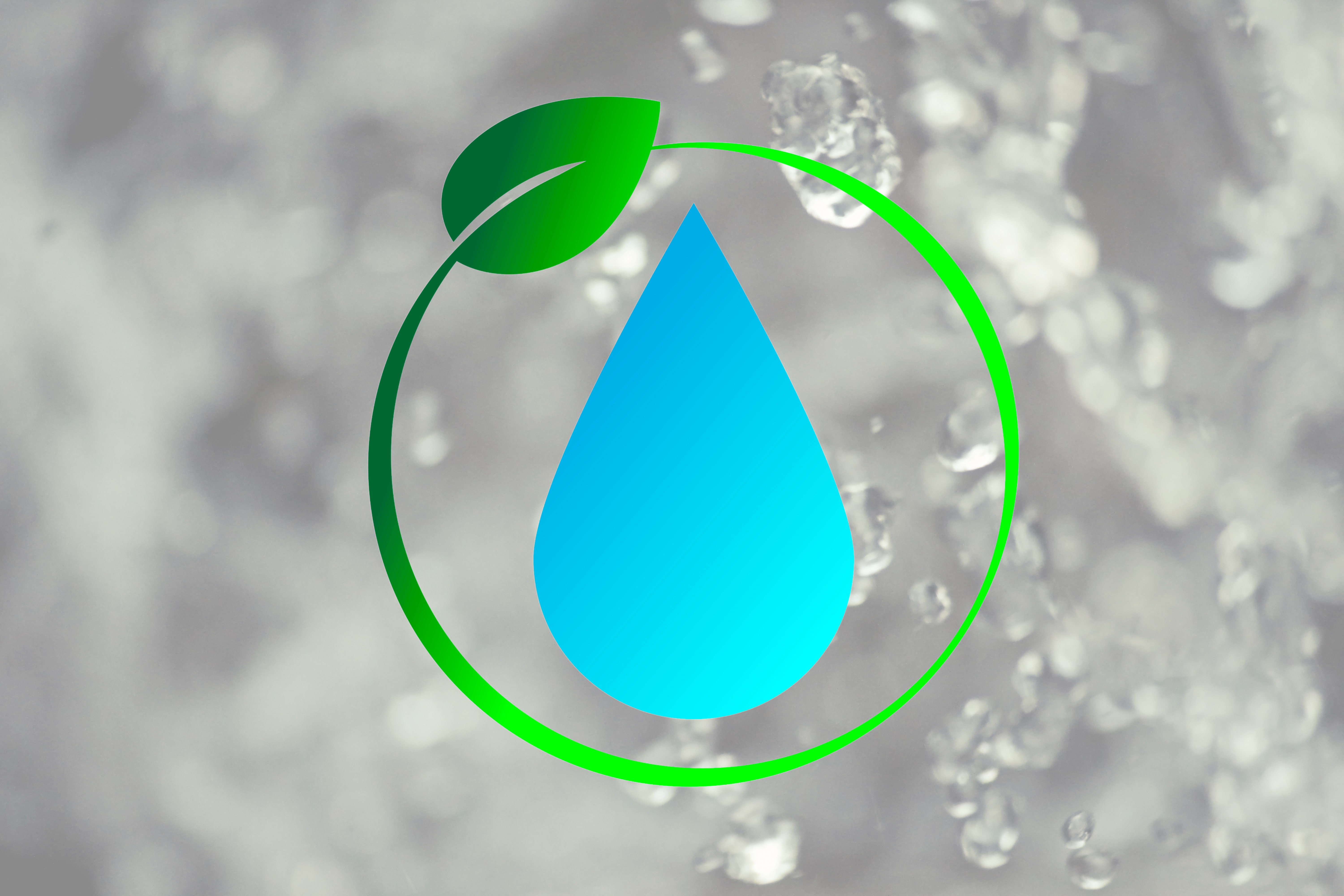
Latest information

Aquatim aims to create a circular, efficient, safe and resilient water cycle
Aquatim is a strategic alliance between Cetim, a technology centre specialised in research and development of water treatment technologies and processes, circular economy and digital systems, and Aqualia, Europe's leading company in integrated water cycle management. This is a large and ambitious applied research project, with an investment of more than two million euros and a duration of 39 months.
The strategic alliance that gave rise to Aquatim was formed in the autumn of 2022 in an agreement between Cetim, Aqualia and Trainasa, an Aqualia investee company; although the project began to take shape years earlier, specifically in 2014, with the beginning of the collaboration between Cetim and Aqualia in applied research and technological development for the treatment and management of wastewater and industrial water. The actions carried out by the Aquatim Joint Research Unit are supported by the Galician Regional Government, through the Galician Innovation Agency, within the framework of the 2022 call of the Joint Research Units programme.
Aquatim's ultimate goal is to achieve a sustainable future through a new water cycle. More specifically, the research unit proposes five lines of research: 1) Obtaining green hydrogen from water, as a key vector for decarbonisation, 2) Nature-based solutions and sustainable urban drainage systems for efficient water cycle management and climate change adaptation, 3) Circular Economy in water for sustainable resource efficiency, 4) Quality of water bodies to ensure safe use and protection of ecosystems, and 5) Digitalisation of the water cycle.
All this complemented in a multi-faceted way with the integration and validation of technologies in Galicia.
Aquatim's 5 lines of research include a first stage of laboratory research, which will make it possible to study in detail and optimise the technologies on a small scale. This is a key step before scaling up, especially in the context of highly innovative technologies. Then, towards the end of 2023, studies will begin for the design and subsequent validation of the project's pilot plants.
The actions carried out in Aquatim are intended to push the water sector in Galicia and Spain towards a new reality where WWTPs become biofactories for the production of resources (energy, agricultural, or industrial); sustainable production (through efficient technologies and solutions based on nature) and traceable (through the deployment of sensorics and blockchain solutions). In addition, the Aquatim Joint Research Unit aims to facilitate Galicia's ecological transition by reducing fossil fuel consumption and greenhouse gas emissions and supporting innovation in the industrial field.
Cetim, Aqualia and Trainasa will push society and industry towards a sustainable future. To this end, the JRU will promote the use of clean energies, the circular economy, a fair industrial transition, sustainable mobility and respect for the environment in the entire water cycle.
Aquatim is working towards a better future, driven by renewable energies, sustainable mobility and where the circular economy and respect for the environment will be cornerstones of our economy. For its partners, this is an alliance that will have a real impact on society. The project goes beyond the laboratory research work to also develop prototypes on a semi-industrial scale and in real environments, which will lay the groundwork for their actual implementation in municipal and industrial wastewater treatment plants.
In this sense, the JRU will make a significant contribution to the modernisation of the water sector and to the improvement of environmental sustainability, through greater energy efficiency, resource and cost management. This will result in substantial improvements in the quality of life of citizens: it will improve the quality of water bodies, the management of the water cycle, and it will create new tools for climate change mitigation.
Aquatim will help provide quality water to supply Galicia's agricultural, livestock, industrial and urban activities for decades to come.